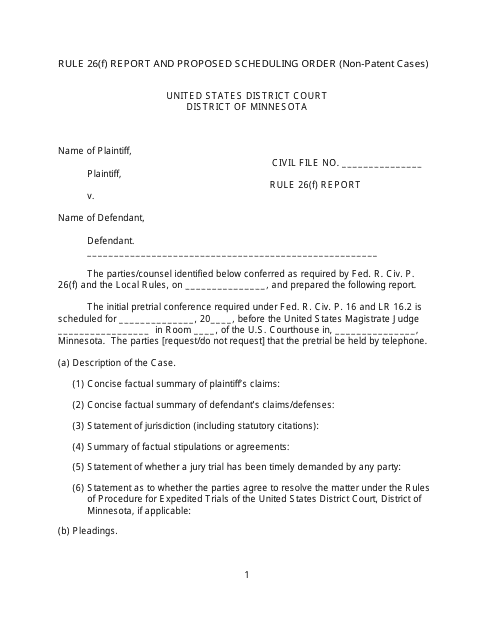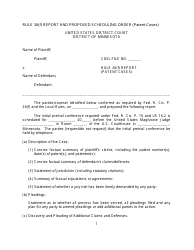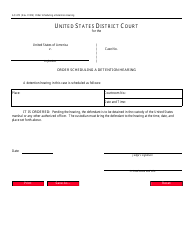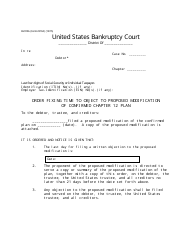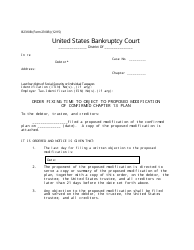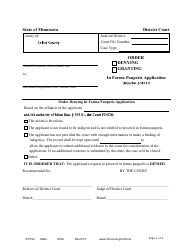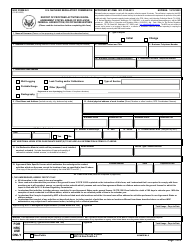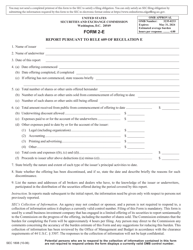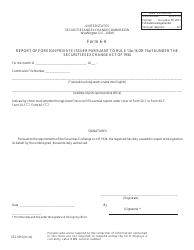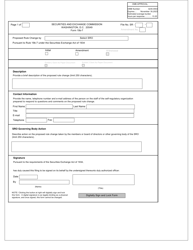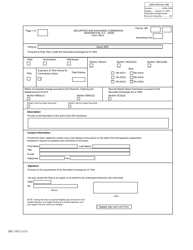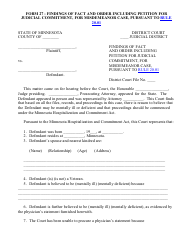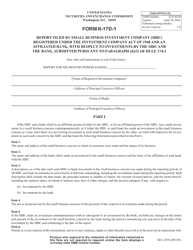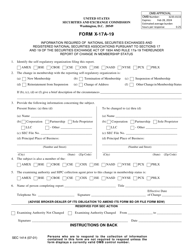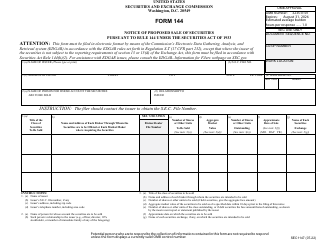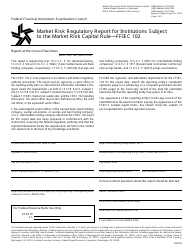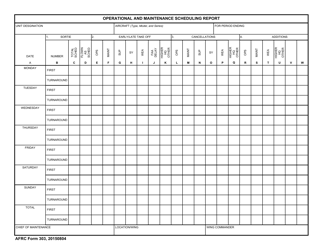Rule 26(F) Report and Proposed Scheduling Order Form (Non-patent Cases) - Minnesota
Rule 26(F) Report and Proposed Scheduling Order Form (Non-patent Cases) is a legal document that was released by the United States District Court for the District of Minnesota - a government authority operating within Minnesota.
FAQ
Q: What is the purpose of Rule 26(F) Report?
A: The purpose of Rule 26(F) Report is to establish early communication between the parties in a non-patent case and facilitate effective case management.
Q: What is a Proposed Scheduling Order Form?
A: A Proposed Scheduling Order Form is a document that outlines the timeline, deadlines, and key milestones for the case.
Q: Who uses the Rule 26(F) Report and Proposed Scheduling Order Form?
A: The parties involved in a non-patent case, such as the plaintiffs and defendants, use the Rule 26(F) Report and Proposed Scheduling Order Form.
Q: What information does the Rule 26(F) Report include?
A: The Rule 26(F) Report includes information about the nature and basis of the claims and defenses, as well as potential discovery issues and a proposed plan for the case.
Q: Why is early communication between parties important in a non-patent case?
A: Early communication between parties is important in a non-patent case to streamline the litigation process, promote efficiency, and potentially resolve the case without a trial.
Form Details:
- The latest edition currently provided by the United States District Court for the District of Minnesota;
- Ready to use and print;
- Easy to customize;
- Compatible with most PDF-viewing applications;
- Fill out the form in our online filing application.
Download a printable version of the form by clicking the link below or browse more documents and templates provided by the United States District Court for the District of Minnesota.
